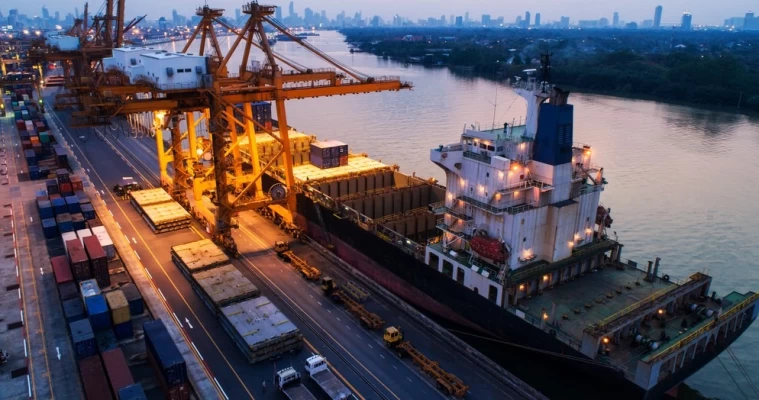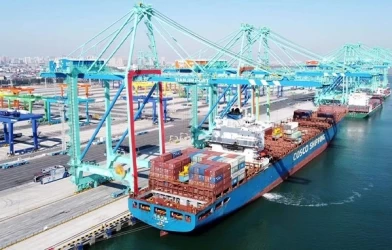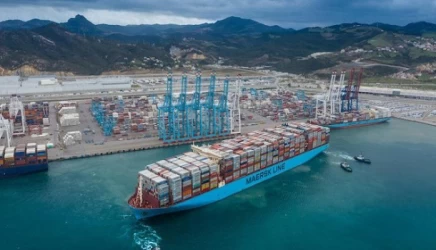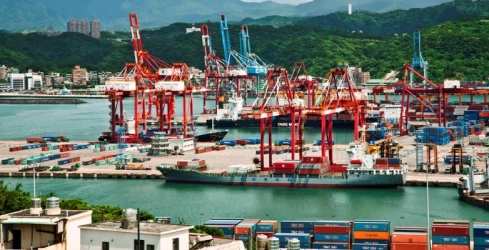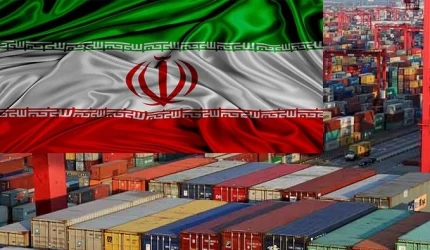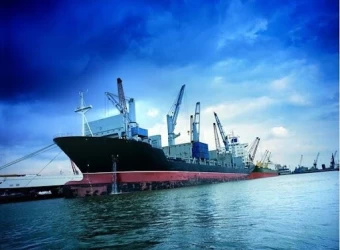Sea Freight in the Port of Brisbane
The Port of Brisbane, located at the mouth of the Brisbane River in Queensland, Australia, is one of the country’s most significant maritime hubs. It plays a crucial role in facilitating international trade and commerce, handling a diverse range of cargo types and supporting the economic growth of the region. This article delves into the various aspects of sea freight operations at the Port of Brisbane, highlighting its infrastructure, services, and strategic importance.
Historical Background
The Port of Brisbane has a rich history dating back to the early 19th century. Initially serving as a modest river port, it has evolved into a modern, multi-cargo facility. Over the decades, significant investments have been made to expand and upgrade its infrastructure, ensuring it meets the demands of contemporary maritime trade.
Infrastructure and Facilities
The port boasts state-of-the-art facilities designed to handle a wide variety of cargo. Key infrastructure includes:
- Container Terminals: Equipped with advanced cranes and automated systems, these terminals efficiently manage the loading and unloading of containerized cargo.
- Bulk Cargo Facilities: Dedicated terminals for handling bulk commodities such as coal, grain, and minerals.
- Roll-on/Roll-off (RoRo) Terminals: Specialized areas for the import and export of vehicles and heavy machinery.
- Warehousing and Storage: Extensive warehousing facilities provide secure storage for goods awaiting shipment or distribution.
Key Services
The Port of Brisbane offers a comprehensive range of services to support sea freight operations:
- Customs and Quarantine: Efficient customs and quarantine services ensure compliance with international regulations and facilitate smooth cargo clearance.
- Freight Forwarding: Numerous freight forwarding companies operate within the port, offering logistics solutions tailored to the needs of importers and exporters.
- Shipping Lines: The port is serviced by major global shipping lines, providing regular connections to key international markets.
- Pilotage and Towage: Skilled pilots and tug operators ensure the safe navigation of vessels within the port’s waters.
Economic Impact
The Port of Brisbane is a vital economic engine for Queensland and Australia as a whole. It handles over 31 million tonnes of trade annually, contributing significantly to the region’s GDP. The port supports thousands of jobs, both directly and indirectly, in sectors such as logistics, transportation, and manufacturing.
Environmental Initiatives
Recognizing the importance of sustainable operations, the Port of Brisbane has implemented several environmental initiatives. These include:
- Emission Reduction: Efforts to minimize greenhouse gas emissions through the adoption of cleaner technologies and practices.
- Waste Management: Comprehensive waste management programs to reduce, recycle, and responsibly dispose of waste materials.
- Habitat Conservation: Projects aimed at preserving and enhancing local ecosystems, including mangrove restoration and water quality monitoring.
Future Developments
The Port of Brisbane is continuously evolving to meet future demands. Planned developments include:
- Expansion of Container Terminals: Increasing capacity to accommodate growing container traffic.
- Infrastructure Upgrades: Enhancing road and rail connectivity to improve the efficiency of cargo movement.
- Digitalization: Implementing advanced digital solutions to streamline port operations and enhance transparency.
Sea Freight Between Brisbane and Iran
Sea freight between the Port of Brisbane and Iran involves a complex logistics network that ensures efficient transportation of goods. Typically, cargo is shipped from Brisbane to major Iranian ports such as Bushehr or Bandar Abbas. The journey often includes transshipments at intermediate ports like Port Klang or Xiamen, depending on the shipping route chosen. Once the cargo reaches Iran, it is transported by road to its final destination, such as Tehran or other major cities.
Conclusion
The Port of Brisbane stands as a testament to the importance of strategic investment in maritime infrastructure. Its ability to handle diverse cargo types, coupled with a commitment to sustainability and innovation, positions it as a key player in global trade. As it continues to evolve, the port will undoubtedly play a pivotal role in shaping the economic landscape of Queensland and beyond.
if you have a specific question or need more details about Brisbane Port, Iran's logistics experts are your answer!

